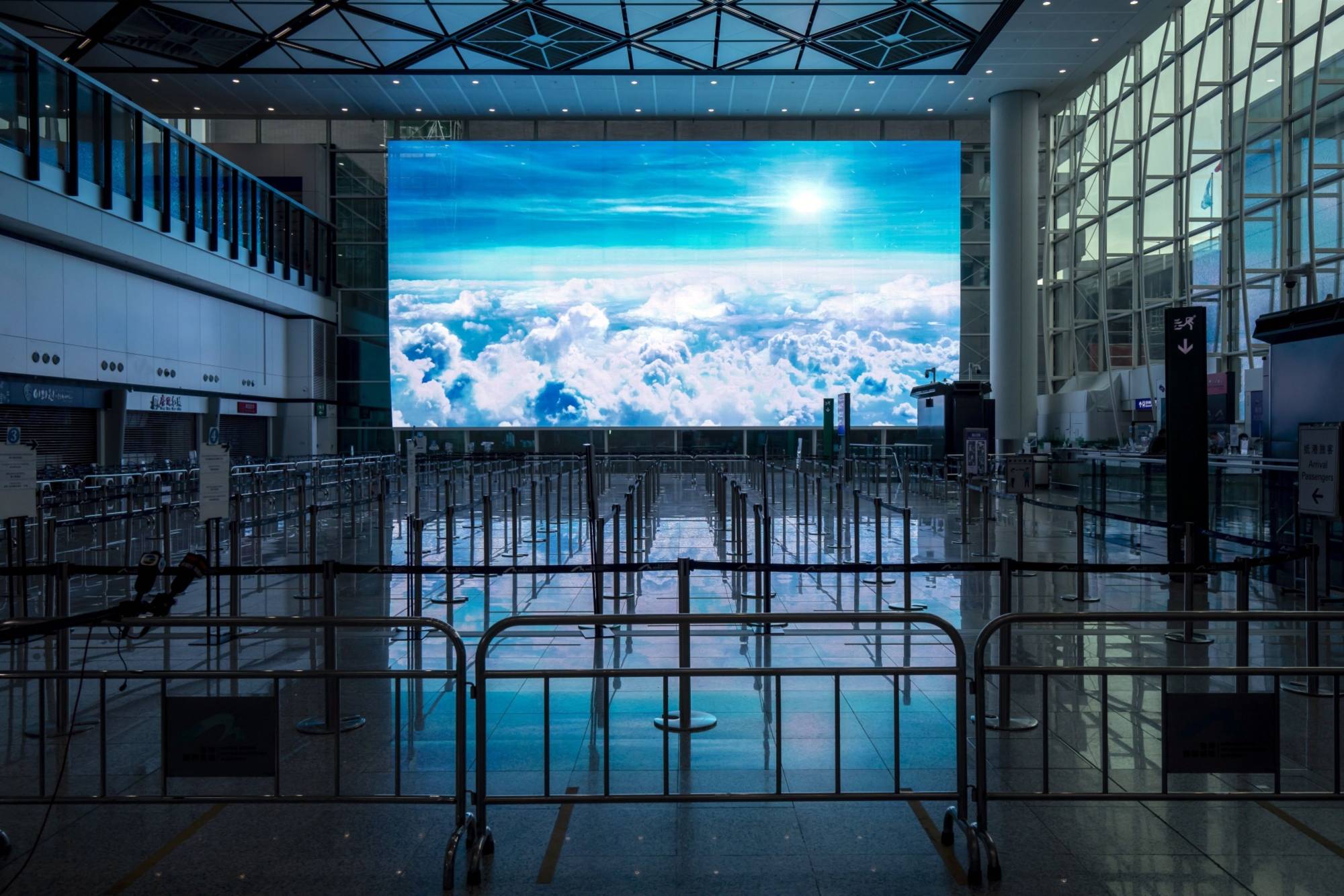Sparks cascade into the night sky as welders work on two office towers arising in Hong Kong’s waterfront banking district. Owned by companies controlled by the city’s two richest men, the high-rise construction projects radiate confidence in the future of finance hub.
On the streets below, optimism is in short supply. The city, which hosted 65 million visitors in 2018, has been effectively closed to the world since March 2020. There is little sign of the border with mainland China opening this year. Strict COVID-19 restrictions — such as forcing restaurants to shut at 6 p.m. — throttled consumer spending. In February and March, retail sales plunged more than 12% from a year earlier. The economy contracted 4% in the first quarter, one of its worst performances in the past 30 years.
Behind the bleak figures is the human cost. Small business owners facing potential ruin after being forced to shutter their operations for months on end. Residents choosing to emigrate rather than take the risk of their children's schools closing again. Uncertainty over future policy is the enduring theme of many interviewed for this story. Quelling such doubts will be key if John Lee, the city’s next leader, is to revive the city’s economy when he takes over on July 1, the 25th anniversary of the return to Chinese rule.


















With your current subscription plan you can comment on stories. However, before writing your first comment, please create a display name in the Profile section of your subscriber account page.